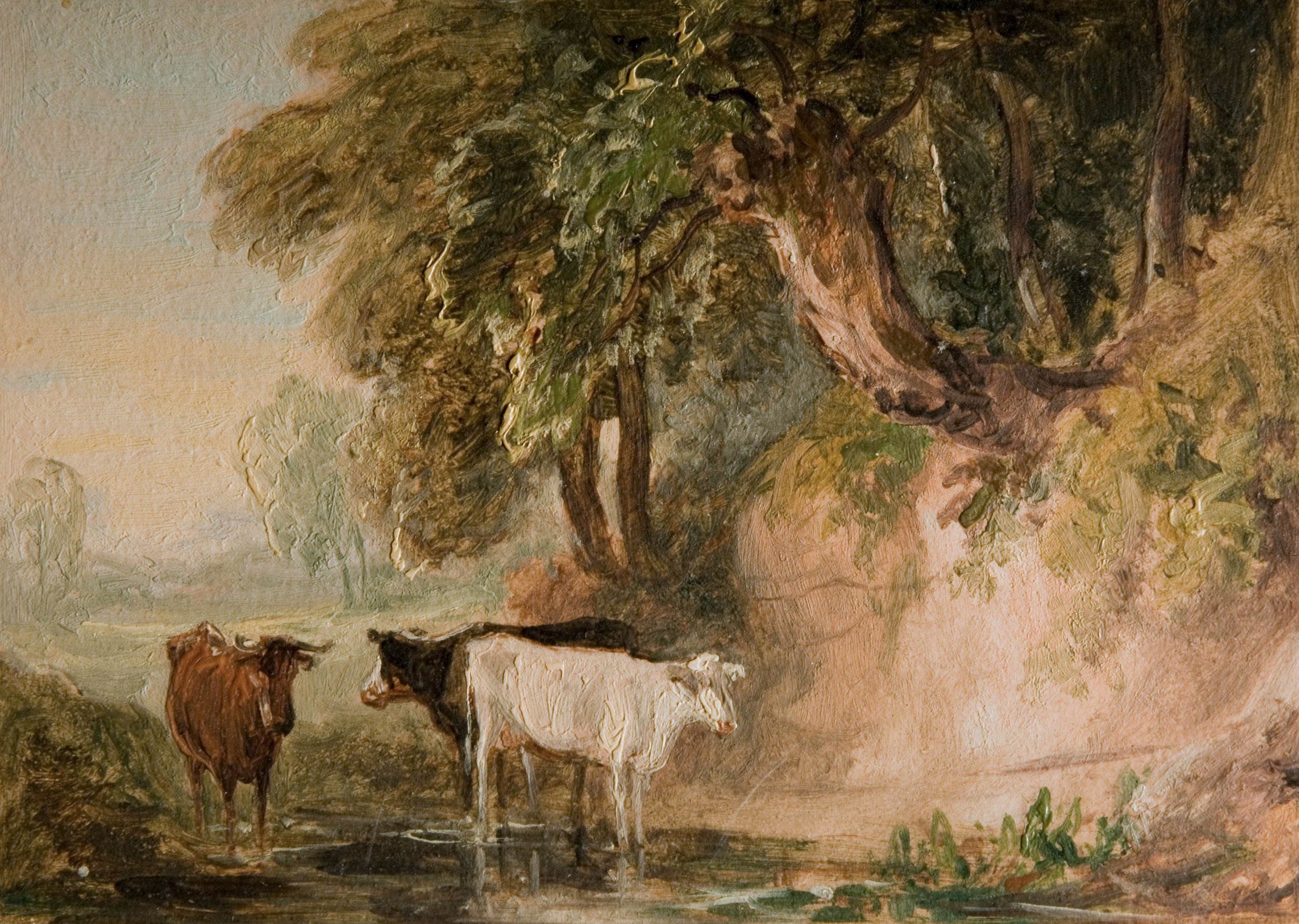
I S S U E 8
Tammy Armstrong
Aspen Arborglyphs
A sort of carbonation
overspills Lookout Mountain
when the aspens talk together
of hero trees and shield trees
of rain carrying in from the plains
on the mica air.
In their library voices and hospital voices
they turn the wind audible
and trap dry light
where Camp Robbers bitch and mooch
from their sulfurising heights.
Oracular, serrated, pale with under-sided nap—
one shivery leaf beneath your tongue
can fix your words
or take away your fears and apprehensions
your tremors and demons.
And for a while now, the days have been difficult
death-haunted
(but it’s still not time to head back to the parking lot
to work out the hours’ knots)
so we stay a little longer
because no other tree
reminds us how we still love this world (in parts):
even its greyscale anaglypta, its book-like bark
etched with arborglyphs we cannot read—
the long-hatched calligraphy of bears
their glossaries for sleep and loosened bones.
If we could decipher them, they might say:
A hollow’s fawnish smell. Of wait.
Of songless seasons and places of root.
More fierce than. (Thickety door. Out. In.).
And after rain. The other side, again.
So near the end of the day’s serrations
we stood a little longer, palms to sketched-up bark
listening to the aspens’ poppling rain splatter
their seething spit sparks
their land words and frothings
as they readied to steal away
(how we too wished to be so legible)
into the late season’s light-struck falterings
taking with them their quaking wicks
their more-than scarred stories
through the bears’ briary gates and crumpled doors as they go.
Wind for an Eye / Pandemia Dreams
Empty winds sweep down and then go back again with their plunder.
—Pliny the Elder
In the dream, we pulled one and they all tattered loose:
wild at the mouth winds, tucked up
inside a flayed skin
an oxhide bag cinched tight with a silver string.
At first, all our shiftable nights filled
with quiet snow
the dark eyes of pine floors
and the human cry of a Boreray wether
its wooly face
pressed against rusted fence wire
calling, May I? May I, Mother?
in old sheep’s tongue.
We kept to our rooms, while all around us
the winds, three-sided, five-sided, grew bolder—
great rafts of bell ringers at our window glass, pale as aspic
inside the wrecked pitch trees
on and on
their secondary music hasped outside our walls
so that we heard
birds pushing their way south
winds slipping their secret names
inside the sky’s grey passports.
With nowhere to go, my heart felt yours beat
side-by-side
and we called it evidence:
the winds’ ruin
gone to sway-backed fears
another shattered night
no longer busy
with the talk-talk of roof rats and night melts
rough-waking us again to dawn’s thin light
slow fanging across our sleep-soaked floors—
tracings, thick weather
greeny-gray as forest glass
come closer, love, the winds are still asking
What’s coming? What’s still to pass this way?
Tammy Armstrong’s most recent poetry collection is Year of the Metal Rabbit (Gaspereau Press, 2019); she lives in Nova Scotia.
